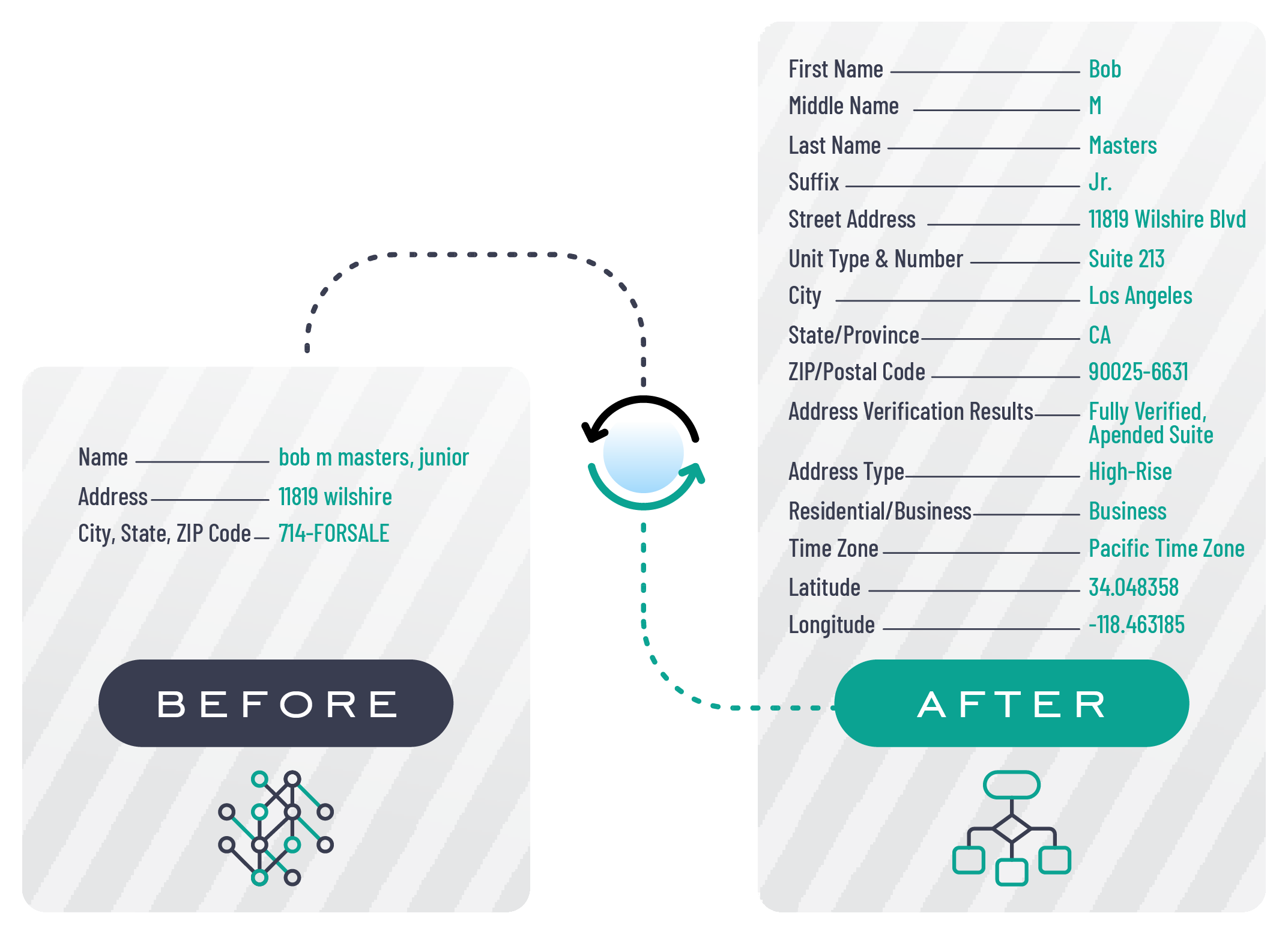
As businesses evolve in the digital age, the importance of data management has become more critical than ever. Companies are collecting vast amounts of data from various sources, making it essential to have a strong data foundation in place. Master Data Services (MDS) is a technology that enables organizations to manage and maintain a consistent set of master data, providing numerous benefits in terms of data quality, accuracy, and efficiency. In this article, we will explore the advantages of implementing Master Data Services and how it can help organizations build a robust data foundation. To find the best data enrichment services, you can also navigate this website.
The Importance of Master Data Services
Centralized Data Management
- Allows for the centralization of master data from multiple sources
- Ensures consistency and accuracy of data across the organization
- Reduces the risk of data duplication and inconsistencies
- Facilitates better decision-making by providing a single source of truth
Data Quality Improvement
- Enables data cleansing and standardization processes
- Helps identify and resolve data quality issues in a timely manner
- Improves data accuracy and reliability
- Enhances the overall quality of data used for reporting and analytics
Benefits of Master Data Services
Enhanced Data Governance
- Establishes data governance policies and processes
- Defines data ownership and accountability within the organization
- Ensures compliance with regulations and data security measures
- Enables better data stewardship and control over master data
Increased Operational Efficiency
- Reduces manual effort in managing and reconciling master data
- Automates data validation and enrichment processes
- Streamlines data maintenance and update procedures
- Eliminates data silos and enables data sharing across departments
Improved Business Insights
- Provides a holistic view of master data across the organization
- Enables better data analysis and reporting capabilities
- Facilitates identification of data trends and patterns for strategic decision-making
- Enhances data visibility and transparency for stakeholders
Challenges and Considerations
Data Integration
- Ensuring seamless integration with existing systems and data sources
- Addressing data mapping and transformation requirements
- Handling data synchronization and updates in real-time
- Managing data hierarchies and relationships effectively
Change Management
- Overcoming resistance to change from stakeholders and end-users
- Providing training and support for users to adopt the new system
- Communicating the benefits and value of Master Data Services to the organization
- Monitoring and addressing any issues or concerns during the implementation process
Conclusion
Master Data Services play a crucial role in helping organizations build a strong data foundation that is essential for making informed decisions and driving business growth. By centralizing data management, improving data quality, enhancing data governance, and increasing operational efficiency, MDS offers a wide range of benefits that can transform the way companies manage their data assets. While there may be challenges in implementing Master Data Services, the long-term advantages of having a reliable and accurate source of master data far outweigh the initial hurdles. Investing in Master Data Services is a strategic decision that can have a significant impact on an organization's data management capabilities and overall business performance.